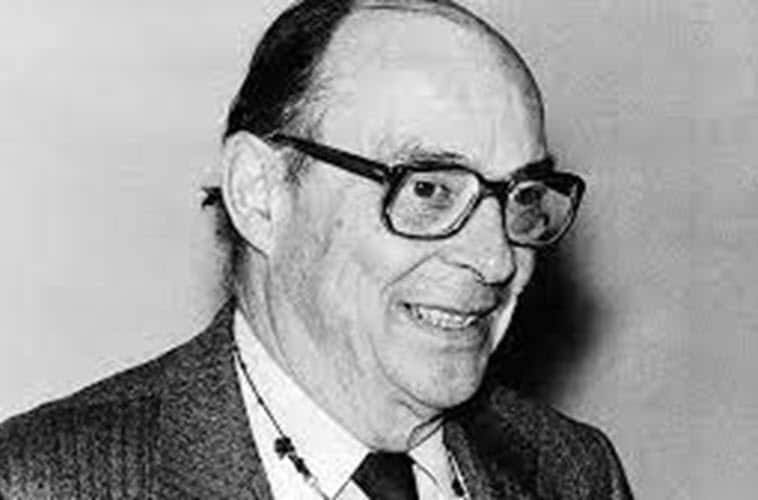John Bardeen: Two-Time Nobel Laureate in Physics

John Bardeen (23 May 1908 – 30 January 1991) was an American physicist and engineer.
Life and Career
He was born on 23 May 1908, in Madison, Wisconsin, United States. In 1923, Bardeen enrolled at the University of Wisconsin-Madison, where he pursued a degree in electrical engineering. During his undergraduate years, he exhibited exceptional problem-solving skills and a passion for research. Bardeen’s dedication to his studies paid off when he graduated summa cum laude in 1928. Eager to further expand his knowledge, he decided to pursue a graduate degree at Princeton University. Under the mentorship of renowned physicist Eugene Wigner, Bardeen delved into the emerging field of quantum mechanics, laying the groundwork for his groundbreaking future research.
His career was characterized by groundbreaking discoveries and technological advancements. One of his most significant contributions came in the late 1940s when he, along with his colleagues William Shockley and Walter Brattain, invented the transistor at Bell Laboratories. This revolutionary device transformed the field of electronics, paving the way for the development of smaller, more efficient, and more reliable electronic devices.
The invention of the transistor sparked a technological revolution, enabling the creation of modern computers, telecommunications systems, and countless other electronic devices that have become an integral part of our daily lives. Bardeen’s pioneering work earned him the prestigious Nobel Prize in Physics, which he received not once but twice: in 1956 for the transistor and in 1972 for his theory of superconductivity. He died on 30 January 1991, in Boston, Massachusetts, United States.
Award and Legacy
He is the only person to be awarded the Nobel Prize in Physics twice: first in 1956 with William Shockley and Walter Brattain for the invention of the transistor; and again in 1972 with Leon N. Cooper and John Robert Schrieffer for a fundamental theory of conventional superconductivity known as the BCS theory.
He received numerous other accolades, including the National Medal of Science, the Enrico Fermi Award, and the Franklin Medal. These awards serve as a testament to his unparalleled intellect and unwavering dedication to advancing the frontiers of knowledge.
He continued to make significant contributions to the scientific community. His research on superconductivity opened up new possibilities for harnessing electricity with zero resistance, leading to applications in numerous fields, including medicine, energy, and transportation.
John Bardeen’s legacy extends far beyond his scientific achievements. Known for his humility and commitment to collaboration, he inspired countless scientists and engineers to push the boundaries of knowledge and innovation. His influence can be seen in the countless advancements in technology that we enjoy today.
Observer Voice is the one stop site for National, International news, Sports, Editor’s Choice, Art/culture contents, Quotes and much more. We also cover historical contents. Historical contents includes World History, Indian History, and what happened today. The website also covers Entertainment across the India and World.

